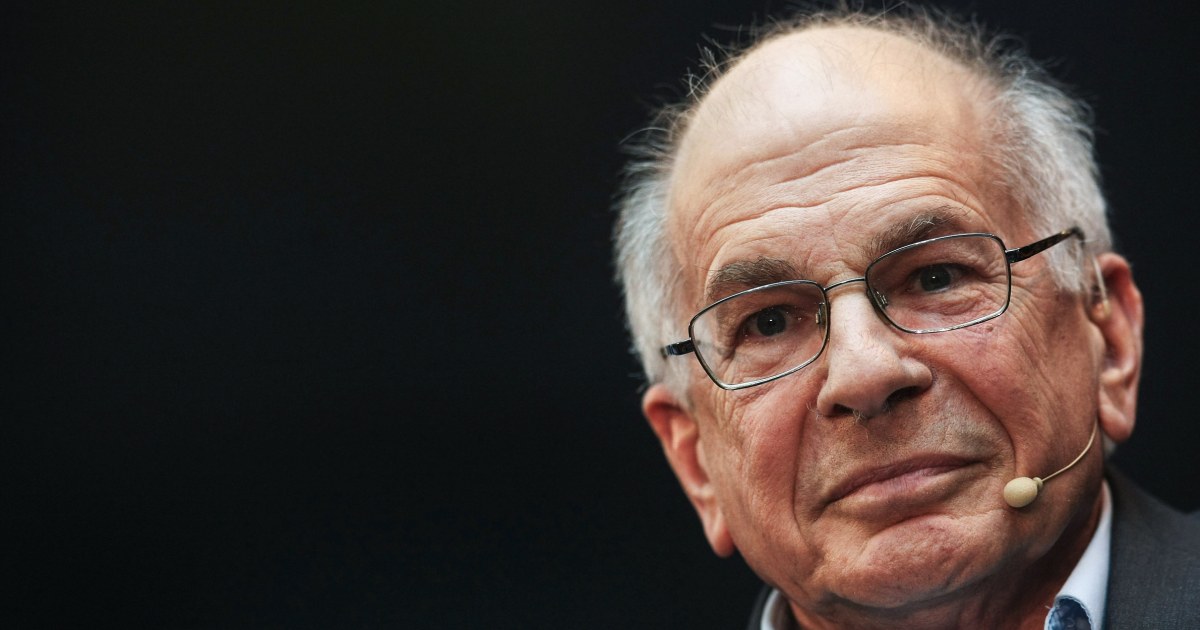Kahneman and his longtime collaborator Amos Tversky reshaped the field of economics with their insights into how ingrained neurological biases influence decision making.
Daniel Kahneman, a psychologist who won a Nobel Prize in economics for his insights into how ingrained neurological biases influence decision making, died Wednesday at the age of 90.
Kahneman and his longtime collaborator Amos Tversky reshaped the field of economics, which prior to their work mostly assumed that people were “rational actors” capable of clearly evaluating choices such as which car to buy or which job to take. The pair’s research — which Kahneman described for lay audiences in his best-selling 2011 book “Thinking, Fast and Slow” — focused on how much decision-making is shaped by subterranean quirks and mental shortcuts that can distort our thoughts in irrational yet predictable ways.

